Activities
ICP News
Date: 02-04-2025
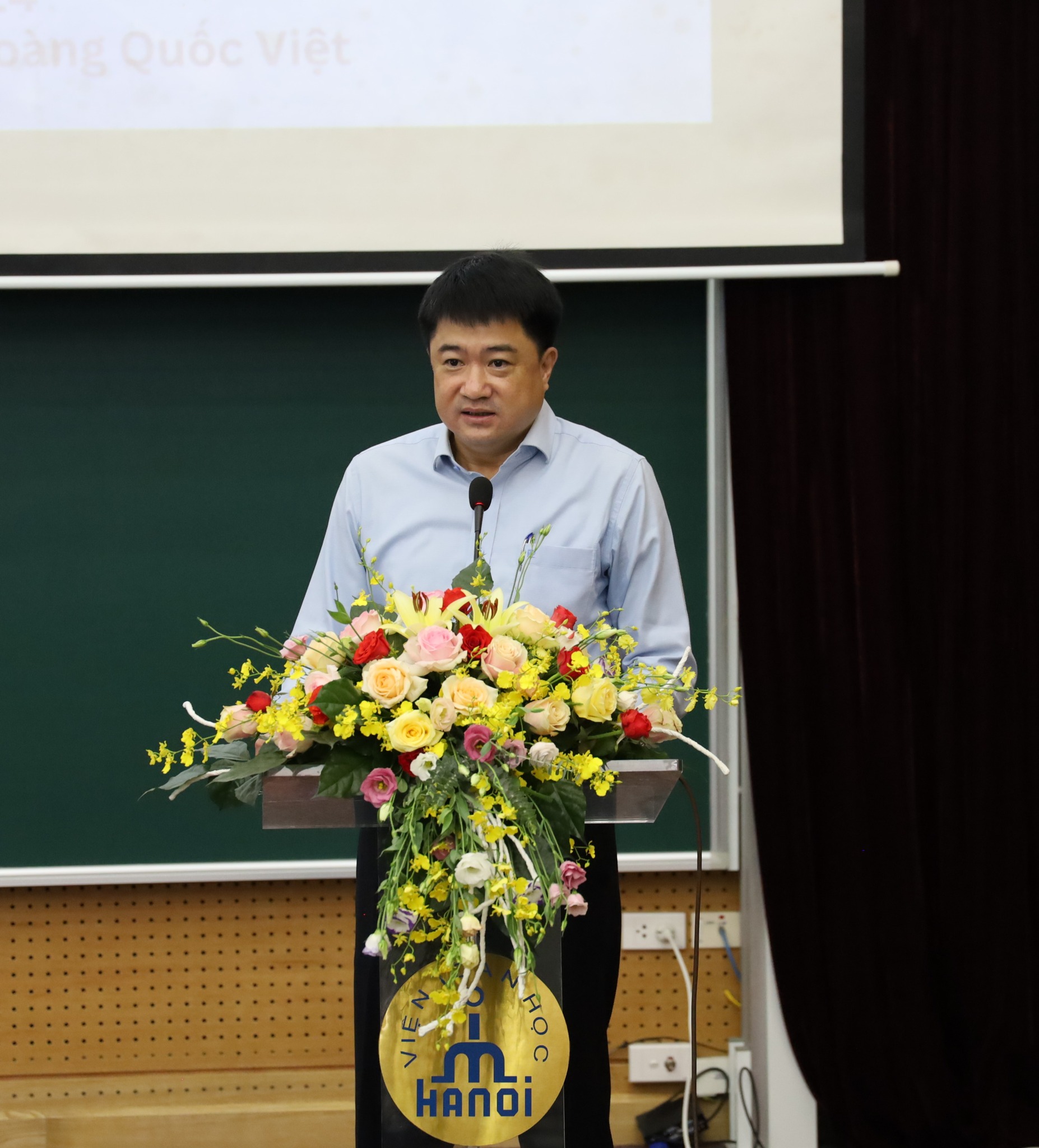
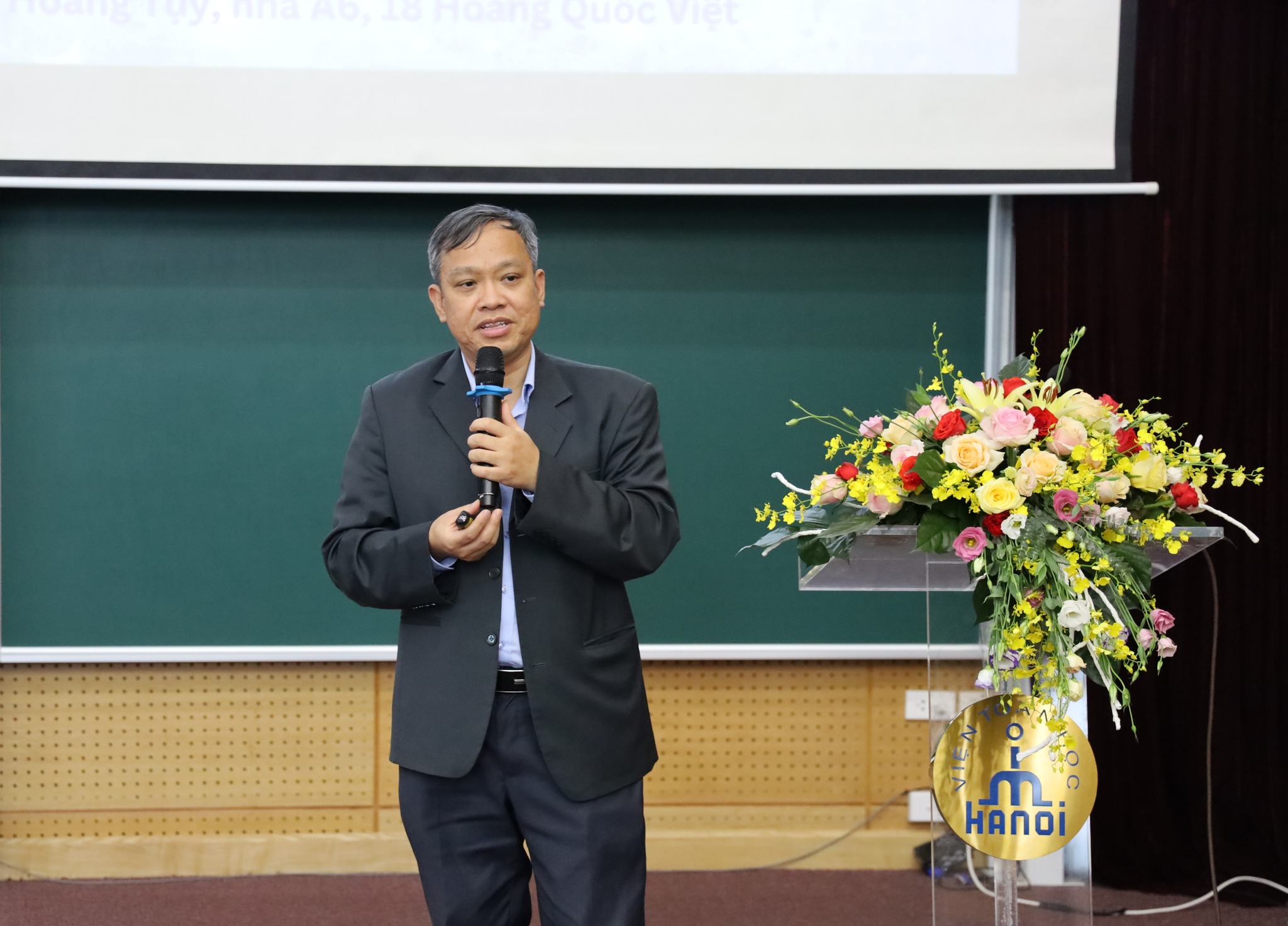
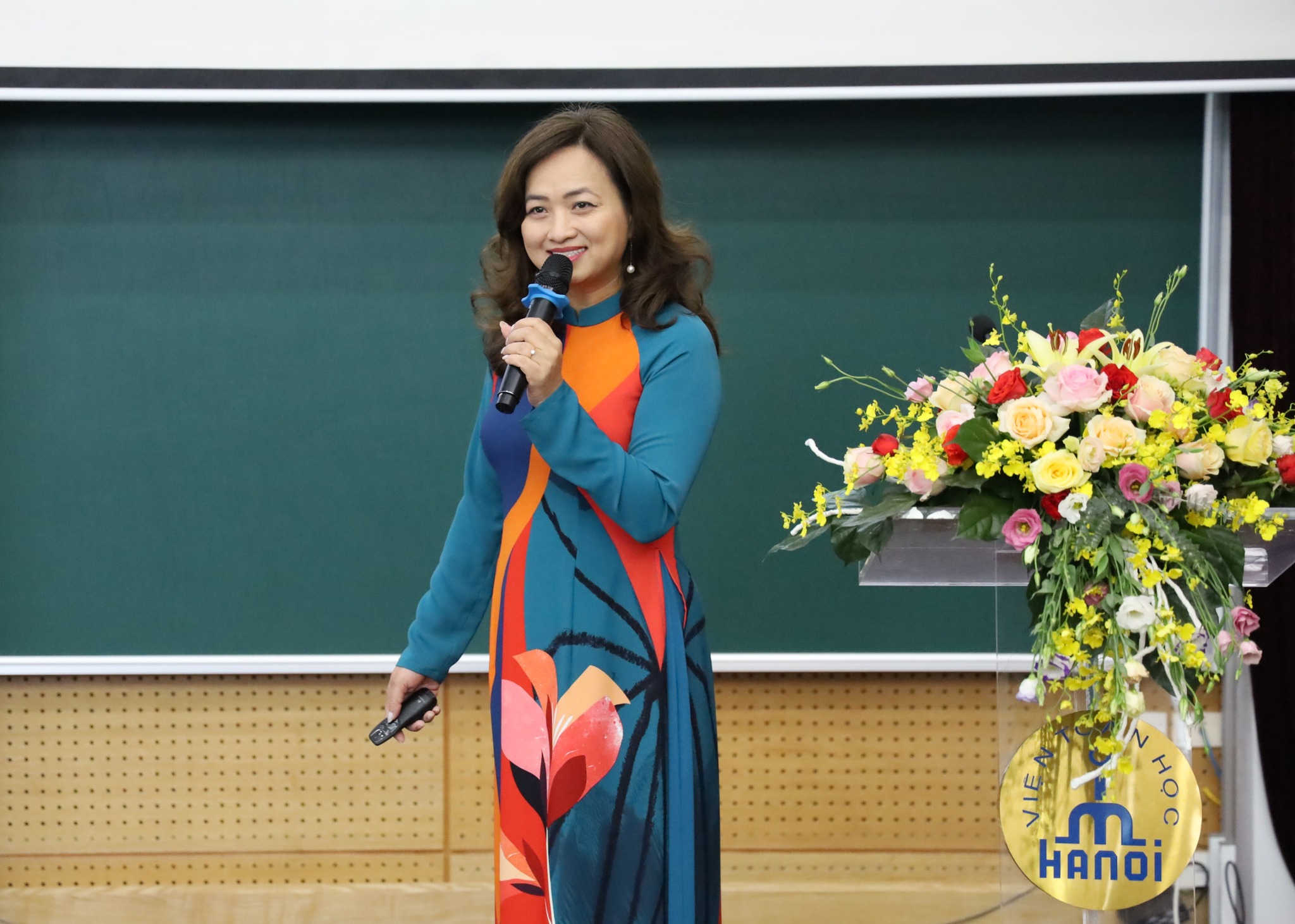
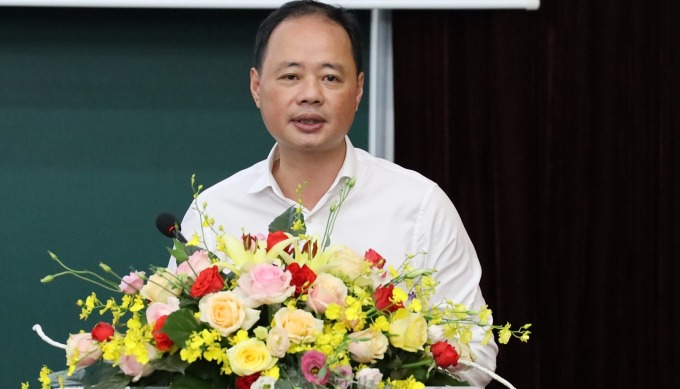
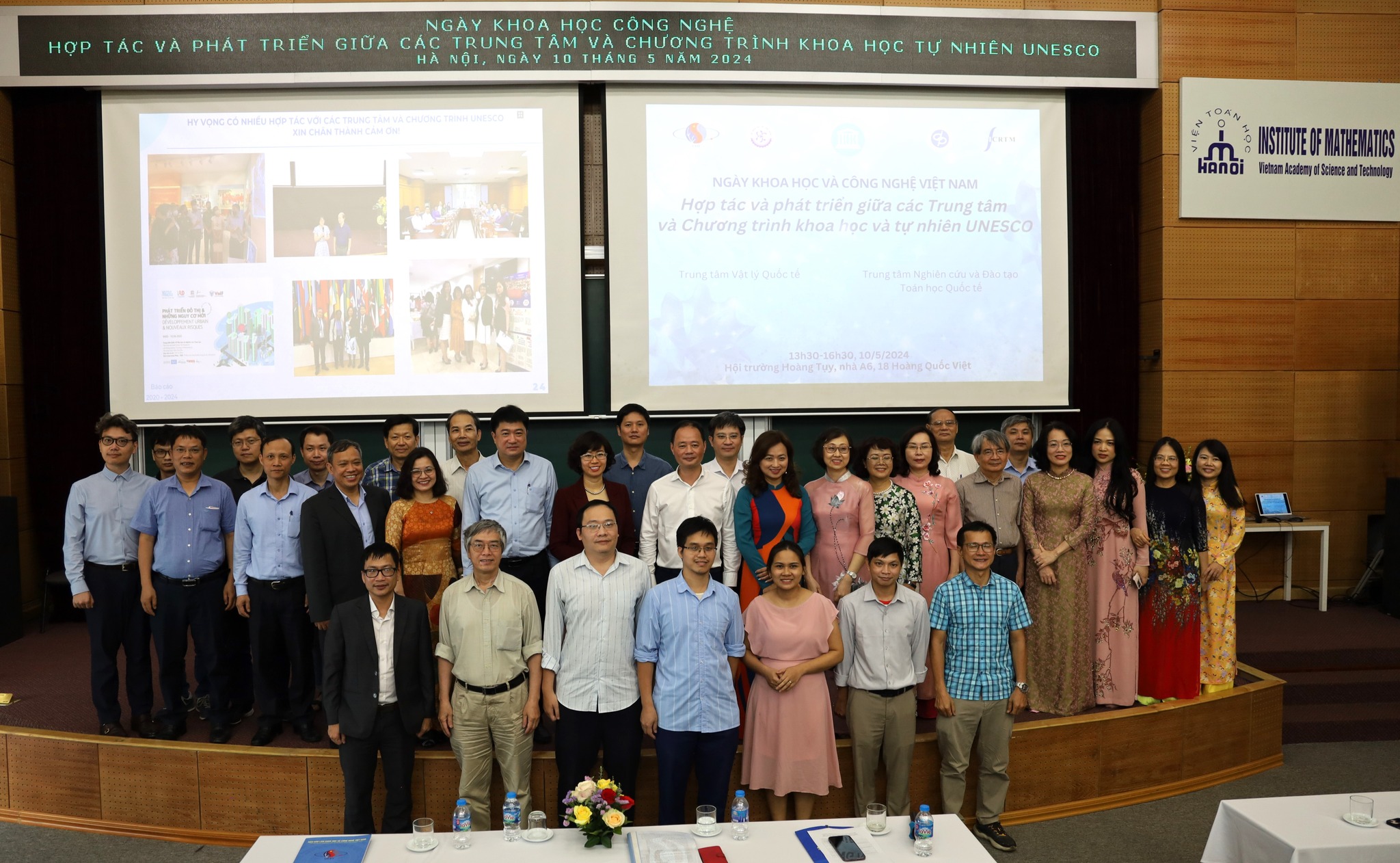
Expanding the Scope of Research at the Two Centers for Mathematics and Physics
The International Centre of Physics (ICP) and the International Centre of Research and Postgraduated Training in Mathematics (ICRTM), in addition to their basic research programs, need to broaden their fields of study to include areas that support sustainable development.
This message was conveyed by Deputy Minister of Science and Technology Trần Hồng Thái at the workshop "Cooperation and Development among UNESCO’s Natural Science Centers and Programs," held on the afternoon of May 10. In 2015, the UNESCO General Assembly approved the establishment of ICRTM and the ICP—both designated as Category II centers under the auspices of UNESCO. Since then, the two centers have conducted international-level training and research activities in mathematics and physics through classes, conferences, workshops, and sponsorships for young talents in Vietnam, Southeast Asia, and certain African countries where physics and mathematics are still developing. The centers also organized research groups and implemented scientific projects. Additionally, they contributed to popularizing scientific knowledge within the community.

Prof. Chu Hoang Ha, Vice President of the VAST spoke at the workshop.
Assoc. Prof. Dr. Đinh Văn Trung, Director of ICP, reported that between 2018 and 2023, ICP completed 74 tasks. The center published dozens of articles indexed in the Web of Science database and in prestigious journals such as Nature and Physical Review Letters. Frequent conferences and short-term visits from international physics experts have facilitated academic exchanges among research groups.

Assoc. Prof. Dr. Đinh Văn Trung, Director of ICP, speaking at the workshop.
At ICRTM, Assoc. Prof. Dr. Phan Thị Hà Dương, Director of ICRTM, highlighted many notable activities, including research and training programs (postdoctoral, doctoral, and master's levels). The center has 82 publications in Web of Science journals and has hosted hundreds of workshops and research exchange events between Vietnamese and international scientists.

Assoc. Prof. Dr. Phan Thị Hà Dương, Director of ICRTM, speaking at the workshop.
Deputy Minister Trần Hồng Thái noted that the centers have demonstrated success in training scientific personnel and fostering international cooperation through research activities. "The establishment of these two centers is a step in the right direction, contributing to the achievements of the science and technology sector over the past 65 years," he said. He emphasized that the Ministry of Science and Technology prioritizes national mathematics and physics programs alongside national-level initiatives in semiconductors and biotechnology, as well as activities supported by UNESCO. Accordingly, the two centers should expand into relevant fields such as nuclear physics and sustainable development.

Prof. Dr. Trần Hồng Thái, Deputy Minister of Science and Technology, speaking at the workshop.
The ICP and ICRTM were officially launched in 2021 by the Ministry of Science and Technology and the Vietnam Academy of Science and Technology. They aim to collaborate on research and applications in physics and mathematics with domestic and international universities and research institutes, targeting countries in ASEAN, Asia-Pacific, and Africa through expert exchanges, Vietnamese expert deployments, and hosting conferences and seminars. The centers also participate in international research projects in collaboration with UNESCO's International Basic Sciences Programme (IBSP) and the International Centre for Theoretical Physics (ICTP).

Currently, UNESCO recognizes 98 Category II science centers, of which 49 are in the field of natural sciences. Vietnam is home to two of these centers, making up a significant proportion of the approximately 200 global members. Alongside Malaysia, Thailand, and Indonesia, Vietnam is one of four ASEAN countries with Category II centers recognized and supported by UNESCO.
